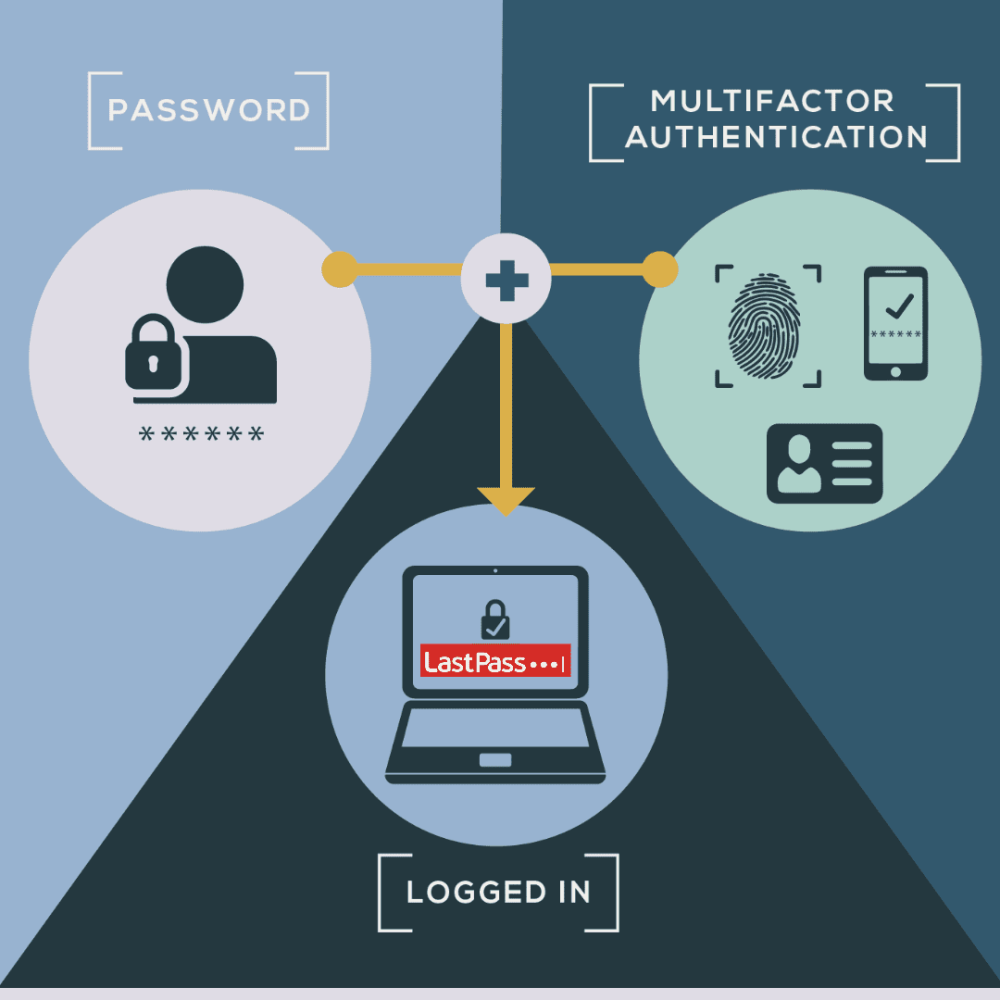Multi Factor Authentication (MFA)
Multifactor authentication (MFA) is crucial because it significantly enhances security by requiring multiple forms of verification before granting access to accounts or systems. Adding layers between your people to your technology to keep the threat actors out of your process.
When you sign into your online accounts – a process we call “authentication” – you’re proving to the service that you are who you say you are. Traditionally or 1 factor authentication is done with a username and a password.
Unfortunately, that’s not a very good way to do it.
What is Multi Factor Authentication?
The modern means to protect your identity is to add multi-layers. The three most common factors are.
- Something you know (e.g. a PIN, password or passphrase);
- Something you have (e.g. a smartcard, physical token, authenticator app, SMS or email); and
- Something you are (e.g. a fingerprint, facial recognition or iris scan).
Why is Multi Factor Authentication so important?
MFA defends against the majority of password-related cyberattacks. Ultimately this is to add a barrier to protect your revenue, your intellectual property (IP) and your reputation.
How Multi Factor Authentication (MFA) works?
Here at the Qbit team, we can help implement and manage multiply MFA platforms. The most popular platforms we work with are Microsoft Entra ID, Cisco Duo and LastPass. Sometimes this is as a combination depending on your unique business requirements in people, process, technology and location.
This goes hand-in-hand with a authenticator app; Time-based one-time password (TOTP) is most popular like Google Authenticator, Microsoft Authenticator, Windows Hello, LastPass Authenticator and the Cisco Duo Authenticator app.
As an additional security layer HMAC-based one-time password (HOTP) this can be found with-in YubiKey and token’s provided by most reputable financial institutions.
Our goals here are simple. Protect your identity, make life hard for the threat actors, leverage existing technologies wherever possible.
